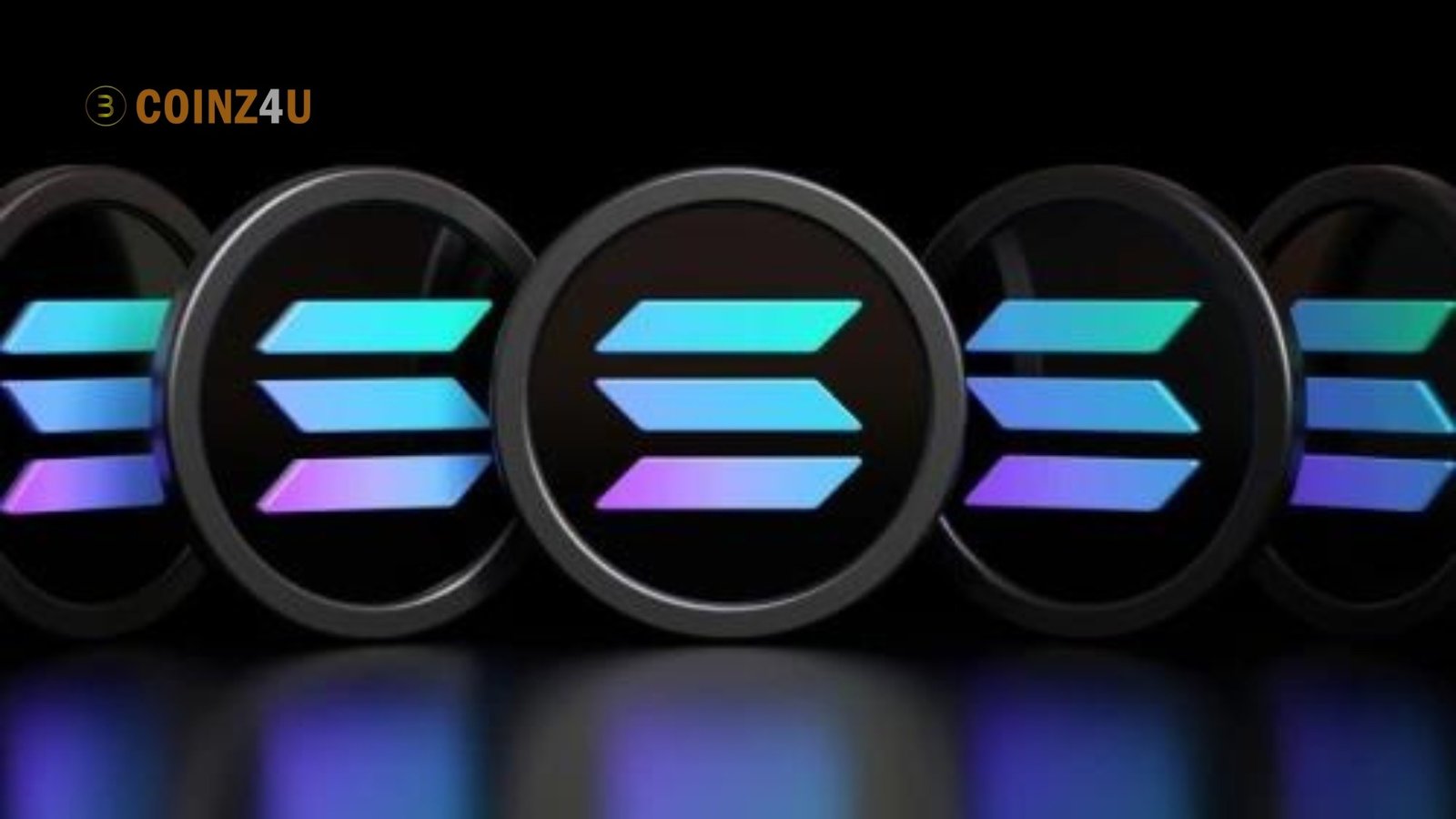SOLANA DEX Swaps: A key part of the cryptocurrency ecosystem is decentralized exchanges (DEXs), which allow traders to trade assets without depending on centralized institutions. Because of its prominence in decentralized exchange (DEX) swaps, Solana has quickly become one of the most important blockchain platforms. Decentralized exchange (DEX) swaps on the Solana network are discussed in this article, along with their benefits, operation, and role in the larger DeFi ecosystem.
The usage of decentralized exchanges has completely altered the cryptocurrency trading landscape. Unlike centralized exchanges (CEXs), where transactions are processed through a central authority, DEXs permit peer-to-peer trading directly on the blockchain. By keeping users’ assets under their control during trading, this paradigm improves security, transparency, and privacy.
However, issues like poor transaction speeds and excessive gas fees plagued early DEXs, especially those that were built on Ethereum. New blockchain networks, such as Solana, emerged in response to the need for solutions that could scale beyond these constraints.
Solana’s Unique Proposition

Solana is an efficient blockchain platform that can handle large-scale cryptocurrency assets and decentralized applications (dApps). Its innovative architecture permits fast, low-cost transactions, making it ideal for DEX developers. In sharp contrast to Ethereum’s significantly lower transaction processing speeds, the Solana blockchain is capable of handling thousands of TPS.
The scalability of Solana is achieved through the integration of two technologies: Proof of History (PoH) and Tower BFT, an acronym for Byzantine Fault Tolerance. More efficient transaction ordering is made possible by the proof-of-hand (PoH) record. That an event has happened at a specific moment in time by reducing the amount of communication required for agreement. Tower BFT enhances the efficiency and security of networks.
Solana DEX Swaps Explained
Solana decentralized exchange (DEX) swaps are functionally equivalent to other blockchains, but they are faster and cheaper. Users can swap one cryptocurrency for another through a liquidity pool-facilitated mechanism. Decentralized exchanges (DEXs) do away with intermediaries altogether by facilitating these swaps directly on-chain.

To facilitate DEX swaps on Solana, smart contracts called automated market makers (AMMs) aggregate user liquidity and facilitate trades using this pool. The novel liquidity offering and user experience of notable Solana-based DEXs such as Raydium, Orca, and Serum have attracted notice.
Serum
Serum is a decentralized exchange built on the Solana platform. It uses an entirely on-chain central limit order book (CLOB), combining the best features of traditional finance (TradFi) and decentralized finance (DeFi). Compared to the AMMs commonly seen on other DEXs, Serum’s CLOB gives users greater control over their trades by allowing them to create limit orders.
Raydium
Raydium is a Solana-based AMM DEX that is tightly integrated with Serum’s order book. Thanks to this connection, Raydium is now able to provide Serum’s limit order flexibility in addition to AMM’s speed and liquidity. The rapid transaction processing and extensive liquidity pools on Raydium have made it a favourite among traders seeking economic swaps.
Orca
Similar to other AMM-based DEXes on Solana, Orca prioritizes ease of use and user experience. With Orca, users can easily exchange tokens and get transparent data on slippage, costs, and anticipated returns. Both novice and seasoned traders have been drawn to Orca’s user-friendly interface.
Advantages of Solana DEX Swaps
-
Speed: One of the most significant advantages of Solana DEX swaps is the network’s high throughput, which translates to near-instant transaction finality. This speed is crucial for traders looking to capitalize on market opportunities without the delays associated with other blockchains.
-
Low Fees: Solana’s architecture allows for minimal transaction fees, making it cost-effective for users to engage in frequent trading. This is particularly beneficial for smaller trades, where high fees on other networks could eat into profits.
-
Scalability: Solana’s ability to handle thousands of transactions per second ensures that the network remains scalable even as more users and applications join the ecosystem. This scalability is essential for maintaining a seamless trading experience during periods of high demand.
-
Interoperability: Solana’s ecosystem is designed to be interoperable with other blockchains, enabling seamless cross-chain swaps and interactions. Projects like Wormhole facilitate the transfer of assets between Solana and other networks, broadening the possibilities for traders and developers.
-
Innovative Features: Solana-based DEXs are known for introducing innovative features that enhance the trading experience. For example, Serum’s central limit order book provides greater control over trades, while Raydium’s fusion of AMM and order book models offers the best of both worlds.
Future of Solana DEX Swaps
Developments aimed at improving the network’s capabilities and growing the ecosystem bode well for the future of Solana DEX swaps. The DEXs run by Solana will certainly become more significant in the DeFi ecosystem as the platform attracts more projects and users.
New features like better security, more advanced trading tools, and more cross-chain interoperability should push adoption even higher. With its efficient trading methods and scalable infrastructure, Solana has the potential to become the main platform for decentralized trading, especially as more institutional players engage in the DeFi market.
Final Thoughts
The Solana DEX swaps are a huge step forward in decentralized trading because they provide. The scalability, efficiency, and speed that modern traders need. With the continued development of the Solana ecosystem, the DEX platforms will play a more important role in the DeFi ecosystem, allowing users to trade digital assets efficiently and robustly.









